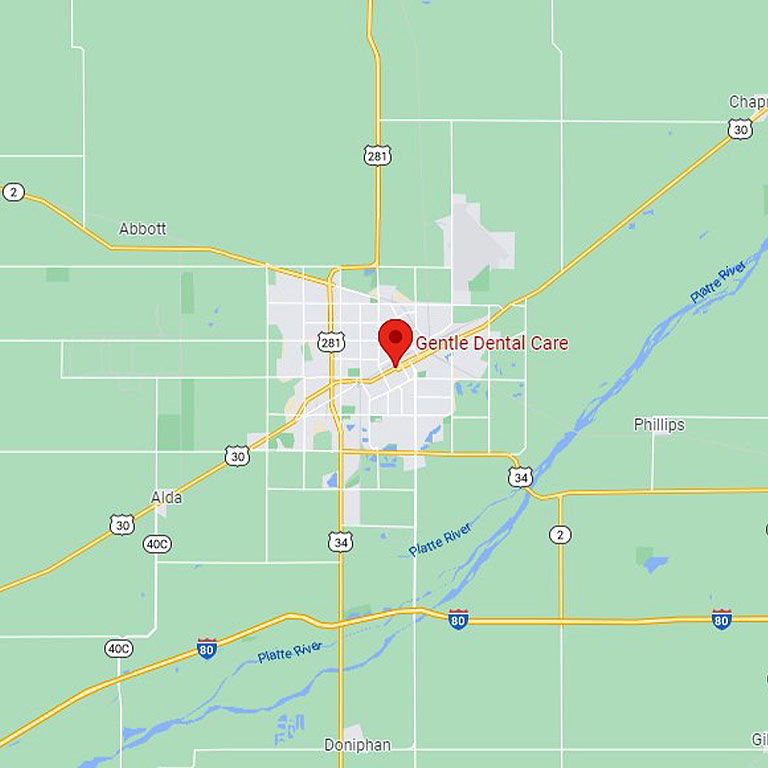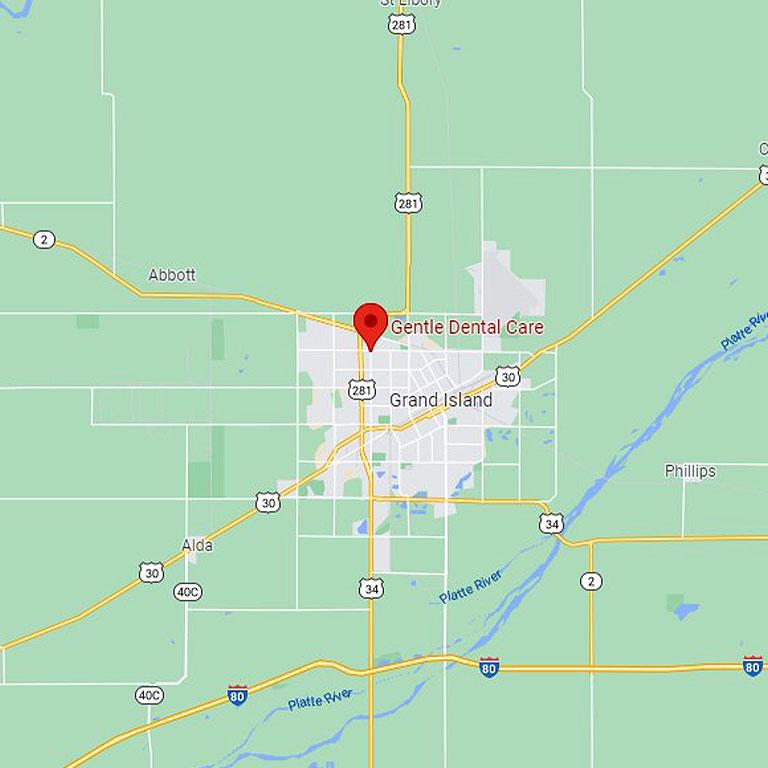TMJ Treatment
TMJ is an acronym for temporomandibular joint. Your temporomandibular joint connects your jawbone to your skull. You actually have two that act as ‘hinges’ to allow your mouth to open and close. If you’re in a car accident or suffer a sports injury that compromises your face, you may experience issues with your TMJ. Other things can cause this joint to malfunction, as well, but trauma to the head or face is one of the most common. Your dentist can diagnose and treat this issue.
Symptoms of Temporomandibular Joint Disorder
If you have a problem with your TMJ, your dentist may diagnose TMJ disorder. Usually, the first symptom of TMJ disorder, or TMD, is pain. It may seem as though the pain is located in or beneath your ears, but you may experience other discomfort as well, including:
- Pain when you chew or swallow
- Inability to open or close your mouth
- Tenderness in the joint
- Headache
- Neckache
While a TMD feels serious as you’re experiencing it, treatment is usually simple. Your dentist will work to find out what’s causing the problem and base their treatment accordingly.
Causes of TMJ Disorder
If TMD runs in your family, you may be more susceptible to developing this painful condition. And if you constantly clench or grind your teeth, this can lead to temporomandibular joint disorder, too. Additionally, connective tissue diseases, such as rheumatoid arthritis, may be to blame. Once your dentist has identified the source of your problem, they can devise a treatment plan to correct it.
Treatment Options for TMJ Disorder
Medication is often helpful in relieving the painful symptoms of TMJ disorder. Your dentist may prescribe a muscle relaxer, an antidepressant, a pain reliever, or an anti-inflammatory drug. They may also give you exercises that you can do at home to relieve pain and discomfort, or they may recommend the application of heat or ice to the affected areas.
Sometimes, therapy is helpful at alleviating TMJ disorder — both physical therapy and therapy to help you manage the anxiety that’s causing you to clench or grind your teeth. A mouthguard you can wear at night may be another solution. Also, corticosteroid injections are sometimes helpful.
In stubborn cases, surgery may be the best option. Some surgeries flush fluid through the joint to remove debris and inflammation. Others can actually replace the joint itself. Surgery is usually a last-resort option, however. Many cases of TMJ disorder can be improved through simple lifestyle changes and minimally invasive treatments.
If you’re struggling with the symptoms of TMJ disorder schedule an appointment today with Gentle Dental — a top choice for general dentistry.
Source
https://www.mayoclinic.org/diseases-conditions/tmj/diagnosis-treatment/drc-20350945





